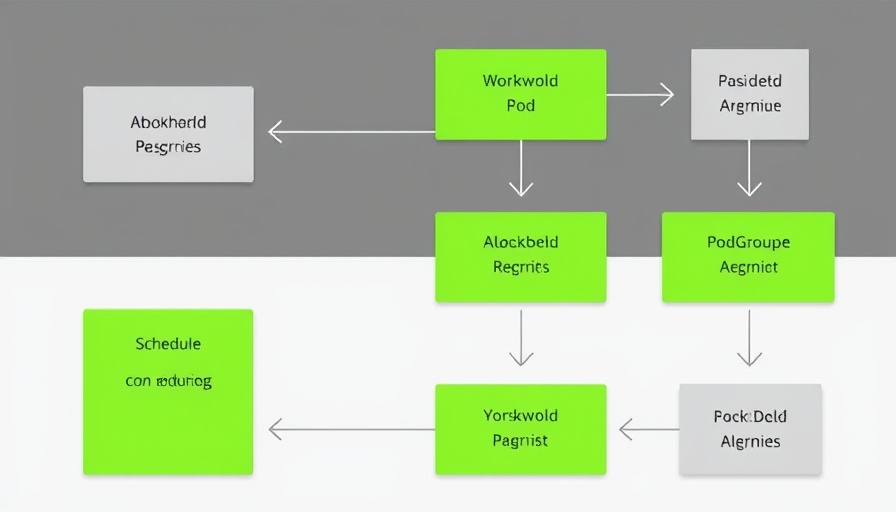
The Future of AI in America: Insights from Dr. Patrick Dicks
As we approach 2025, the landscape of artificial intelligence (AI) is set to witness transformative changes, largely influenced by recent government initiatives. Automation and AI expert Dr. Patrick Dicks sheds light on the upcoming trends and their implications for everyday citizens.
Trump’s Bold AI Infrastructure Investment
Under President Trump's administration, a $500 billion investment initiative named "Stargate" aims to enhance AI infrastructure across the United States. This shift emphasizes the administration's intent to boost domestic capabilities in AI and fend off growing competition, particularly from countries like China. Data centers will play a pivotal role in this initiative, acting as the backbone for AI development. This investment aligns with Executive Order 14179, which underscores America’s goal to sustain and enhance its global AI dominance.
The Shift from the Biden Administration’s Strategies
The Trump administration's AI strategy marks a stark contrast from the policies implemented during President Biden’s tenure. Biden’s Executive Order on AI addressed concerns about data protection, safety, and bias in AI applications. The recent revocation of these frameworks by the new administration signifies a potential oversight in consumer protection and ethical AI usage. For instance, the elimination of strict reporting requirements for AI developers could open doors for less regulated AI applications, raising concerns about safety.
Implications for Everyday Americans
Dr. Dicks emphasizes that the impact of AI on daily lives will grow significantly with these infrastructural changes. From improved healthcare AI tools to more efficient transportation systems, citizens are likely to experience enhanced technological conveniences. However, he also warns that the lack of stringent regulations could lead to misuse of AI technologies, resulting in privacy breaches or unintended biases in AI decision-making.
Predicting the AI Landscape in 2025 and Beyond
As Dr. Dicks outlines the predictions for AI advances in 2025, one thing is clear: AI will increasingly integrate into both public and private sectors. Companies will harness AI for everything from customer service to deep market analysis, generating a demand for a workforce trained in AI technologies. Additionally, the burgeoning field of "Agentic AI"—intelligent agents that can actively make decisions without human intervention—will begin to reshape industries drastically.
Future Trends and Opportunities
Emerging AI technologies pose both opportunities and challenges. Dicks recognizes that technologies such as AI-driven analytics tools may redefine competitive advantages in various sectors including finance, healthcare, and manufacturing. However, technological inequities must be addressed to ensure that all socioeconomic levels benefit from AI advancements.
Risks in AI Development
Despite the promising landscape, Dr. Dicks cautions about potential risks associated with rapid AI integration. The absence of regulatory frameworks could lead to an environment where unethical practices proliferate, with organizations prioritizing profit over consumer welfare. This necessitates proactive governance and collaboration amongst various stakeholders to ensure that AI's implementation aligns with ethical standards.
Conclusion: Action for the Community
As we transition into 2025, it is crucial for community members, businesses, and policymakers to stay informed and participate in conversations surrounding AI development. Embracing the potential benefits while remaining vigilant about ethical practices will be key to realizing a future where AI enhances the quality of life for all.
 Add Row
Add Row  Add
Add 




 Add Row
Add Row  Add
Add 

Write A Comment